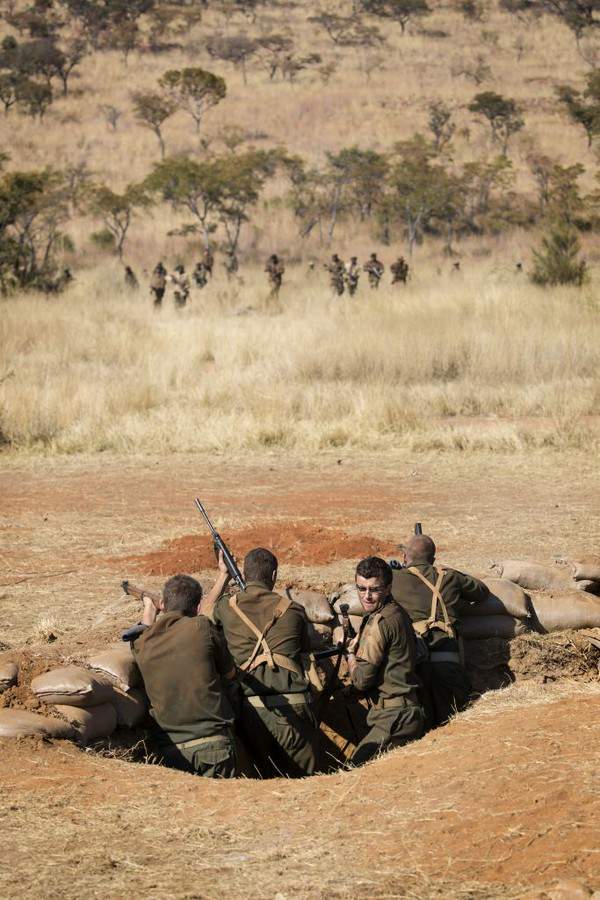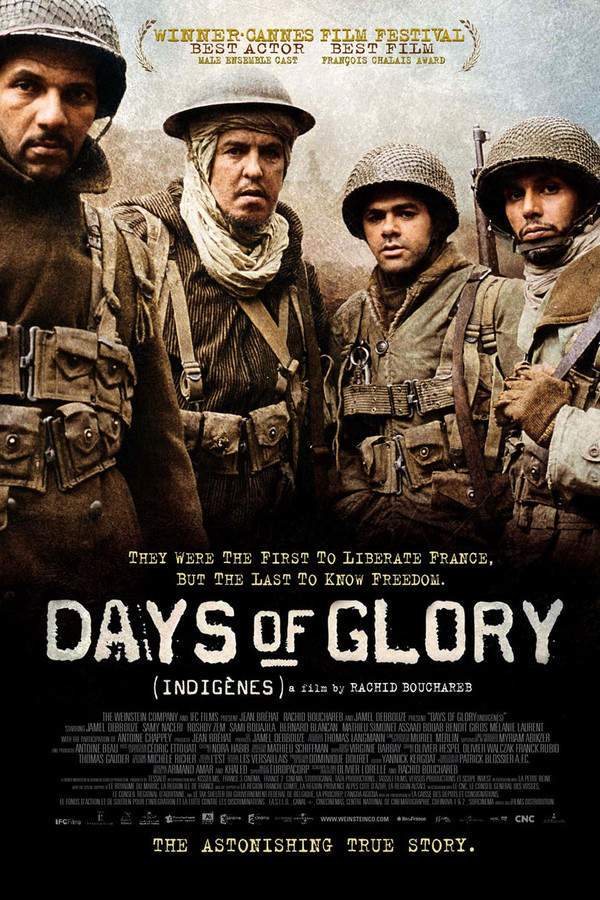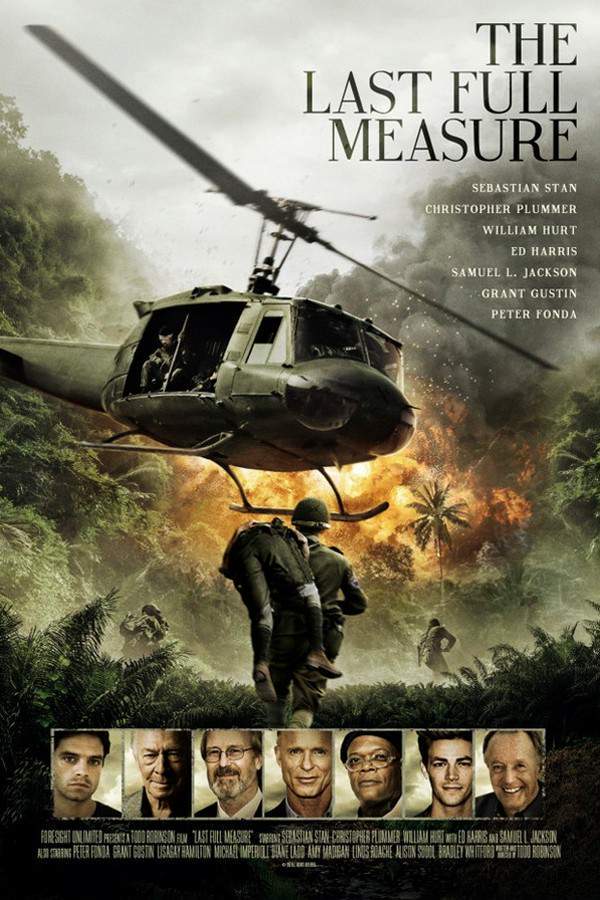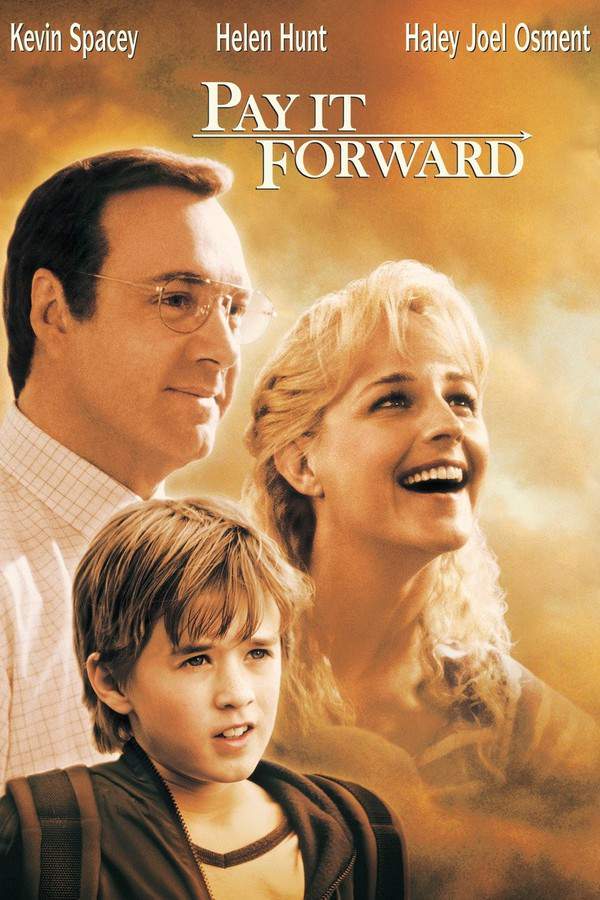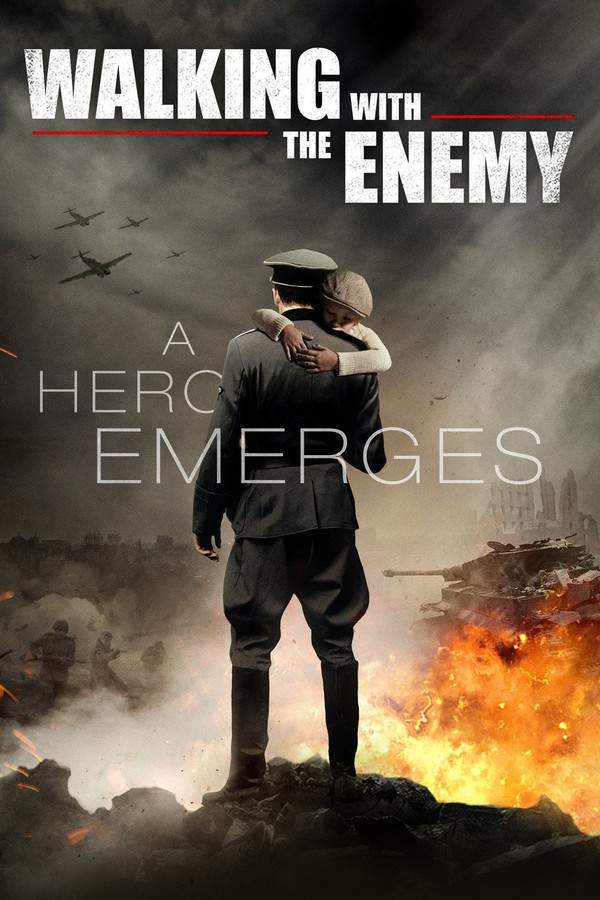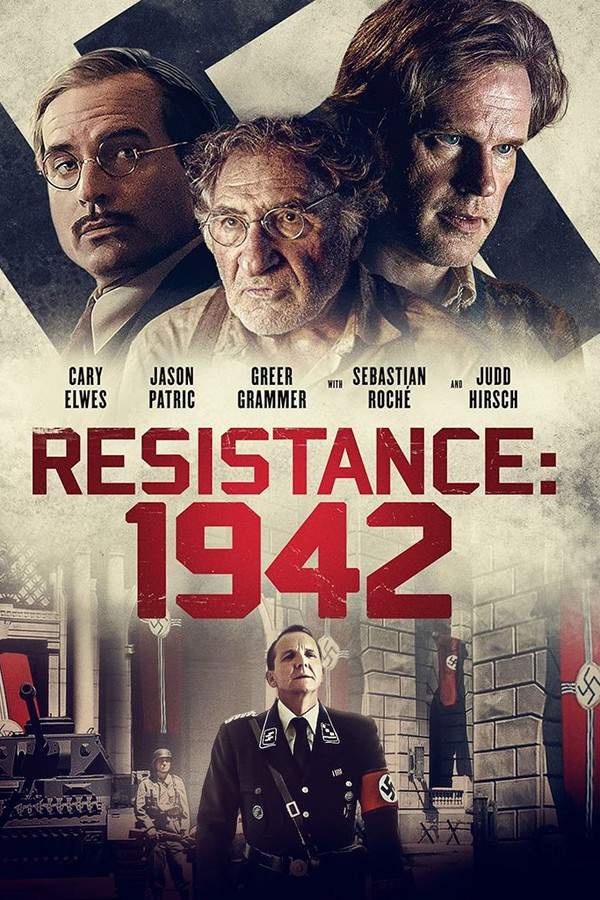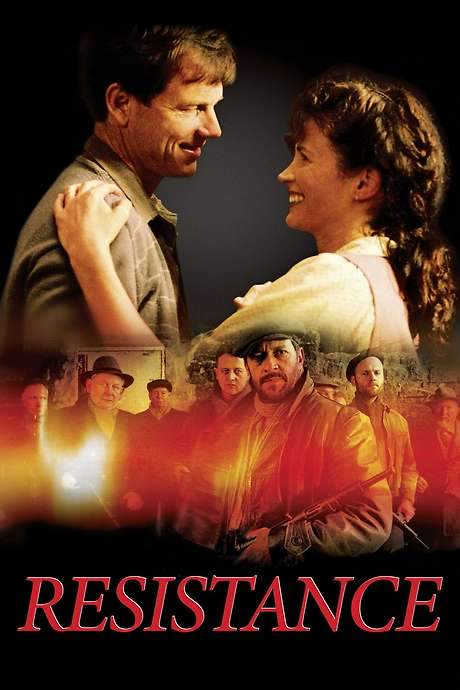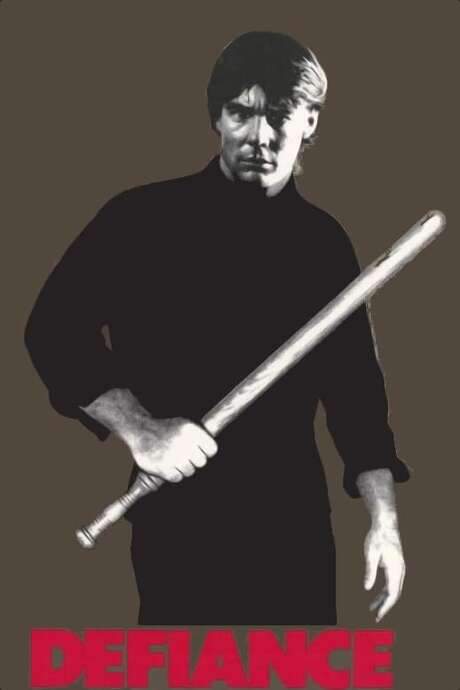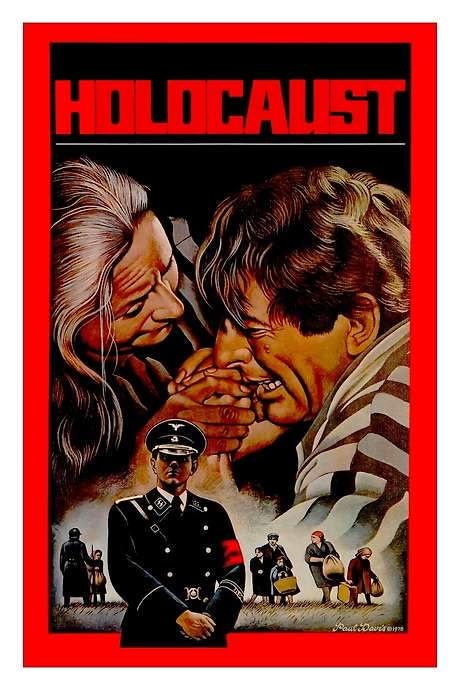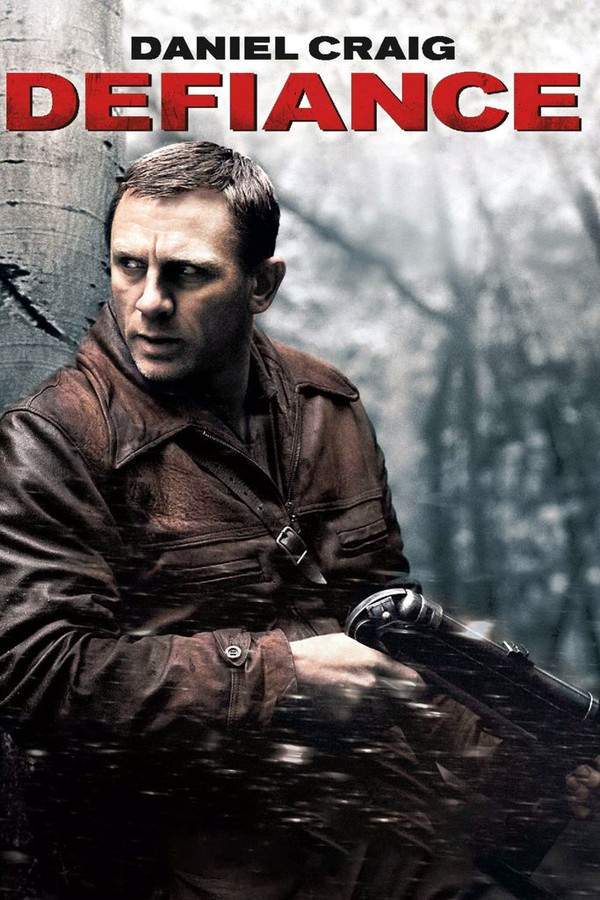
Defiance
Year: 2008
Runtime: 137 min
Language: English
Director: Edward Zwick
Budget: $32M
In 1941, as Nazi forces commit atrocities across Eastern Europe, three brothers, Tuvia, Zus, and Asael, escape into their ancestral forest. Driven by the loss of their families, they establish a hidden village and lead a growing resistance movement. Facing constant danger and dwindling resources, they fight for survival and inspire others to join their struggle against the oppressive Nazi regime, risking everything for a chance at freedom.
Warning: spoilers below!
Haven’t seen Defiance yet? This summary contains major spoilers. Bookmark the page, watch the movie, and come back for the full breakdown. If you're ready, scroll on and relive the story!
Defiance (2008) – Full Plot Summary & Ending Explained
Read the complete plot breakdown of Defiance (2008), including all key story events, major twists, and the ending explained in detail. Discover what really happened—and what it all means.
The film tells a powerful and emotional story inspired by true events, commencing in August 1941, just weeks following the brutal invasion of the USSR by Nazi Germany. As history unfolds, the infamous Einsatzgruppen—Nazi task forces—sweep through Eastern Europe, trailing behind the aggressive army across the occupied regions of western Soviet Union, intent on systematically exterminating Hebrews. Within a short span, the staggering number of 50,000 Hebrews have met a tragic fate, while an alarming 1,000,000 more await inevitability in deportation and death.
In the eye of this storm, the courageous Belarusian Hebrew brothers, known as the Bielski brothers, emerge as a beacon of hope. The trio consists of Tuvia (Daniel Craig), the eldest, Zus (Liev Schreiber), and Asael (Jamie Bell), along with their brother Aron (George MacKay). Their fate takes a dramatic turn as they narrowly escape the clutches of the Nazi purges, hiding to avoid detection and evading the grips of the local police who are actively collaborating with the Germans.
Having lost their parents to a harrowing murder at the hands of local authorities under German orders, the brothers find refuge in the Naliboki Forest. This forest, which holds deep memories of their childhood, becomes their sanctuary as they seek vengeance for the loss inflicted upon their family. While Tuvia opts for strategic guerrilla warfare, preferring to outsmart the enemy rather than confront them head-on, Zus, driven by impatience and grief, craves immediate retribution. With his wife and child on his mind, he is anxious for their safety and soon hopes to reunite with them.
The brothers adapt under tremendous pressure, learning to thrive in constant motion and evading capture. Although they ponder a planned attack against the Germans to avenge their slain parents, they grapple with the severe lack of weaponry and resources. Fueled by rage, Tuvia makes a pivotal decision by eliminating a local Auxiliary Police chief, a key figure responsible for their parents’ demise.
As they navigate through perilous times, the brothers encounter other Hebrew escapees hiding in the forest, igniting a glimmer of hope as they take these individuals under their protective wing. Initially reluctant, Zus argues that their energies should be focused solely on eliminating the Germans rather than nurturing the needs of fellow Hebrews, yet Tuvia maintains that they cannot abandon those whom they have rescued. Their continuous fight for survival leads them to gather supplies from the local populace, who are met with mounting risks from the ever-watchful German forces.
As their group expands to include women and children, shelters are built from the surrounding woodlands. Over the next year, this blossoming community seeks refuge, embarking on daring raids of local farms for sustenance. But amidst their struggles, tragic news reaches Zus, shattering his already fragile state: his beloved wife and child have been reported dead in the camps they attempted to escape.
Driven by this devastating revelation, Zus’s desire for revenge intensifies, colliding with Tuvia’s strategy of cautious survival. As tensions rise, Tuvia implores the need for strategy over impulse, promoting the notion that their survival itself stands as the ultimate form of revenge. However, the friction between the brothers escalates, as the survivors look to Tuvia for accountability, while he advocates for collective resilience rather than divisive scheming.
Their camp ultimately faces devastation during a German raid, fortunately, their scouts offer timely warning, allowing many to escape. Zus, harboring resentment towards Tuvia for his non-violent stance, becomes restless. With winter on the horizon, he resolves to join a local band of Soviet partisans—the brothers’ fates now diverging as Tuvia remains steadfast with the camp as a leader, nurturing the people who rely on him.
As tensions amplify, Tel Aviv cementing relationships leads to Asael falling in love with Chaya Dziencielsky (Mia Wasikowska), culminating in a heartfelt marriage just before winter strikes. Yet love is shadowed by the grim circumstances surrounding them and the risk that lies ahead. The camp endures a chilling winter filled with sickness and starvation, fighting against the likelihood of betrayal from within.
The pressure mounts when the brothers learn that an imminent German attack is underway. The Soviet partisans decide to retreat eastward, leaving the remaining Hebrews to cling desperately to survival. As chaos reigns during the strike of German dive-bombers, a courageous delay is orchestrated by Asael, yet the odds are stacked high against them, leading to heartbreak and loss.
The film’s climax unfolds with relentless tension as Zus returns, defying the orders of the Soviet leader and joins forces with the camp once again, culminating in a heroic charge against their enemies. These brave souls find a new resolve, fleeing into the heart of the forest where they would endure, ultimately building a home and sanctuary over the course of two years—creating a community expanding up to 1,200 survivors.
In a poignant conclusion, the film reflects on the true fates of these remarkable brothers. As historical photographs reveal the Bielski brothers’ remarkable journey, we learn of their survival and eventual journey to America where they constructed a successful trucking business. Not only did their legacy stand the test of time, but it also became a testament to the thousands of descendants of those they saved—a lasting impact that illustrates the profound resilience of the human spirit amidst insurmountable adversity.
Last Updated: December 31, 2024 at 18:09
Explore Movie Threads
Discover curated groups of movies connected by mood, themes, and story style. Browse collections built around emotion, atmosphere, and narrative focus to easily find films that match what you feel like watching right now.
Movies about resistance survival like Defiance
Ordinary people pushed to extremes in the fight for existence.If you were gripped by the desperate fight for survival in Defiance, explore more movies like it. These similar war dramas and historical thrillers feature communities fighting overwhelming oppression, focusing on themes of resilience, leadership, and the sheer will to live under the shadow of genocide.
Narrative Summary
Stories in this thread typically follow a group or community as they face an existential threat from a powerful enemy. The narrative charts their logistical and moral challenges, from securing resources to maintaining unity, often culminating in a bittersweet victory that comes at a great cost.
Why These Movies?
These movies share a heavy emotional weight, high intensity, and a tense, oppressive tone. They are unified by the central theme of communal resistance and survival, creating a similar viewing experience of urgent, courageous struggle.
Movies with bitterswart endings like Defiance
Stories where survival and triumph come at a profound personal cost.Viewers who appreciated the poignant, bittersweet ending of Defiance will find similar stories here. These films explore narratives where success is achieved, but the legacy is forever marked by the sacrifices made, offering a realistic and emotionally resonant conclusion.
Narrative Summary
The narrative pattern involves a long, arduous struggle against overwhelming odds. While the protagonists ultimately succeed in their primary goal—be it survival, rebellion, or a personal quest—the resolution is not purely celebratory. It acknowledges the deep scars and losses endured, leaving a lasting impression of solemnity alongside hope.
Why These Movies?
Movies in this thread are connected by their bittersweet emotional payoff. They share a heavy emotional weight and often a steady, serious pacing. The similarity lies in the complex feeling of achievement tempered by grief, creating a deeply reflective and somber mood.
Unlock the Full Story of Defiance
Don't stop at just watching — explore Defiance in full detail. From the complete plot summary and scene-by-scene timeline to character breakdowns, thematic analysis, and a deep dive into the ending — every page helps you truly understand what Defiance is all about. Plus, discover what's next after the movie.
Defiance Timeline
Track the full timeline of Defiance with every major event arranged chronologically. Perfect for decoding non-linear storytelling, flashbacks, or parallel narratives with a clear scene-by-scene breakdown.

Characters, Settings & Themes in Defiance
Discover the characters, locations, and core themes that shape Defiance. Get insights into symbolic elements, setting significance, and deeper narrative meaning — ideal for thematic analysis and movie breakdowns.

Defiance Spoiler-Free Summary
Get a quick, spoiler-free overview of Defiance that covers the main plot points and key details without revealing any major twists or spoilers. Perfect for those who want to know what to expect before diving in.

More About Defiance
Visit What's After the Movie to explore more about Defiance: box office results, cast and crew info, production details, post-credit scenes, and external links — all in one place for movie fans and researchers.

Similar Movies to Defiance
Discover movies like Defiance that share similar genres, themes, and storytelling elements. Whether you’re drawn to the atmosphere, character arcs, or plot structure, these curated recommendations will help you explore more films you’ll love.
Explore More About Movie Defiance
Defiance (2008) Scene-by-Scene Movie Timeline
Defiance (2008) Movie Characters, Themes & Settings
Defiance (2008) Spoiler-Free Summary & Key Flow
Movies Like Defiance – Similar Titles You’ll Enjoy
Exodus (1960) Spoiler-Packed Plot Recap
Resistance (2020) Full Movie Breakdown
Walking with the Enemy (2014) Movie Recap & Themes
Defying the Nazis: The Sharps' War (2016) Complete Plot Breakdown
Resistance: 1942 (2022) Movie Recap & Themes
Resistance (2003) Plot Summary & Ending Explained
Defenders of Riga (2007) Plot Summary & Ending Explained
Defiance (1980) Spoiler-Packed Plot Recap
Escape to Victory (1981) Complete Plot Breakdown
Escape from Sobibor (1987) Story Summary & Characters
Escape from Sobibor (1987) Story Summary & Characters
Holocaust (1000) Movie Recap & Themes
Escape (1940) Detailed Story Recap
The North Star (1943) Detailed Story Recap
Tzadik (2023) Complete Plot Breakdown

